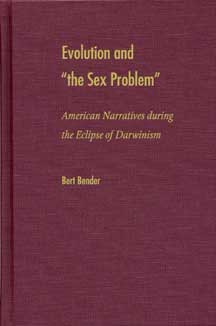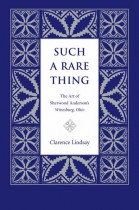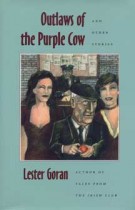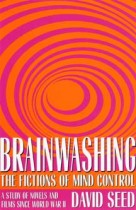Evolution and “the Sex Problem”
American Narratives during the Eclipse of Darwinism
Literature & Literary CriticismBert Bender
A noteworthy investigation of the Darwinian element in American fiction from the realist through the Freudian eras
In Evolution and “the Sex Problem” author Bert Bender argues that Darwin’s theories of sexual selection and of the emotions are essential elements in American fiction from the late 1800s through the 1950s, particularly during the Freudian era and the years surrounding the Scopes trial.
Bender contends that novelists with different social points of view explored “the sex problem,” and what resulted was a great diversity of American narratives aligned with either Darwinian or a number of anti-Darwinian theories of evolution. Included are intriguing discussions of works by Frank Norris, Jack London, Stephen Crane, Theodore Dreiser, Gertrude Stein, Willa Cather, Sherwood Anderson, F. Scott Fitzgerald, five writers of the Harlem Renaissance, John Steinbeck, and Ernest Hemingway. Among the ideas explored are Darwin’s theory of common descent; the question of man’s place in nature; the possibility of evolutionary progress; the issues of heredity and eugenics; the Darwinian basis of Freud’s theory of sexual repression; the quandary of male violence and the role of female choice in sexual selection; the power of and the problems of racial and sexual difference; and the ecological problems that arose directly from Darwin’s theory of evolution.
This volume provides a valuable treatment of an underappreciated aspect of America’s major narratives of human life and love and will be appreciated by literary scholars and readers interested in Darwinism and culture.
Bert Bender is Emeritus Professor of English at Arizona State University in Tempe. His previous books include The Descent of Love: Darwin and the Theory of Sexual Selection in American Fiction, 1871–1926, and Sea-Brothers: The Tradition of American Sea Fiction from Moby-Dick to the Present.





